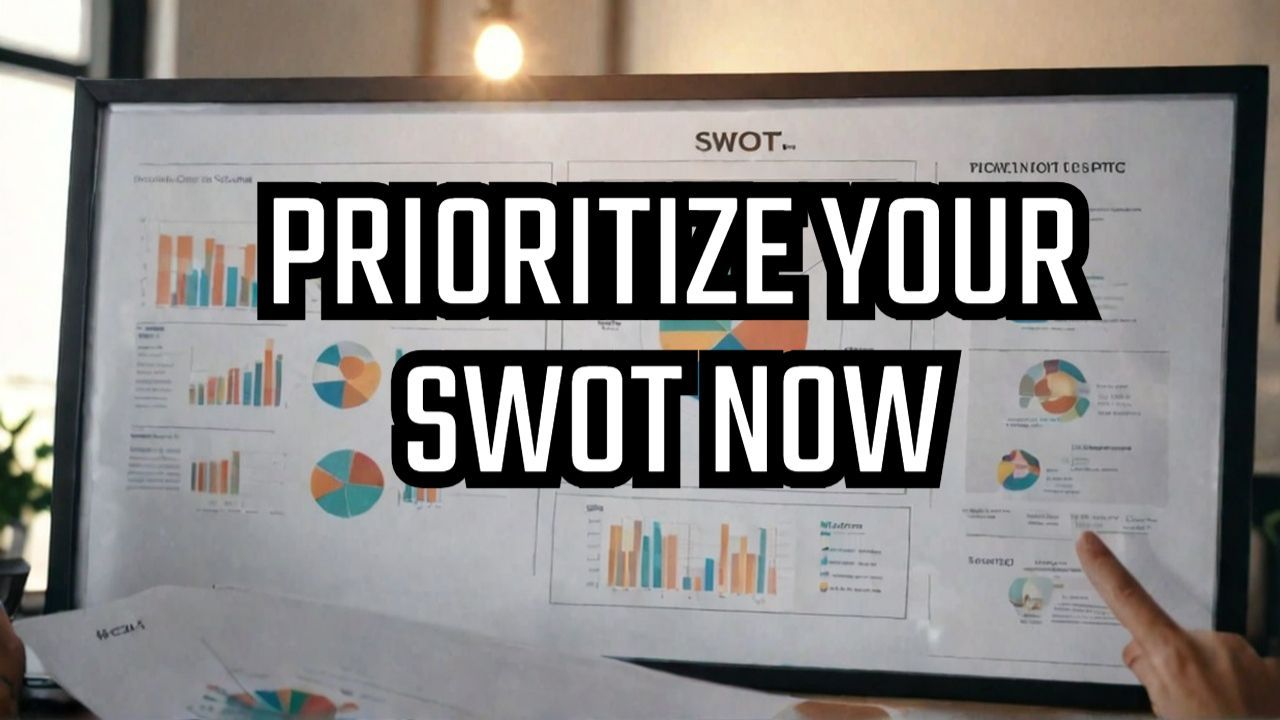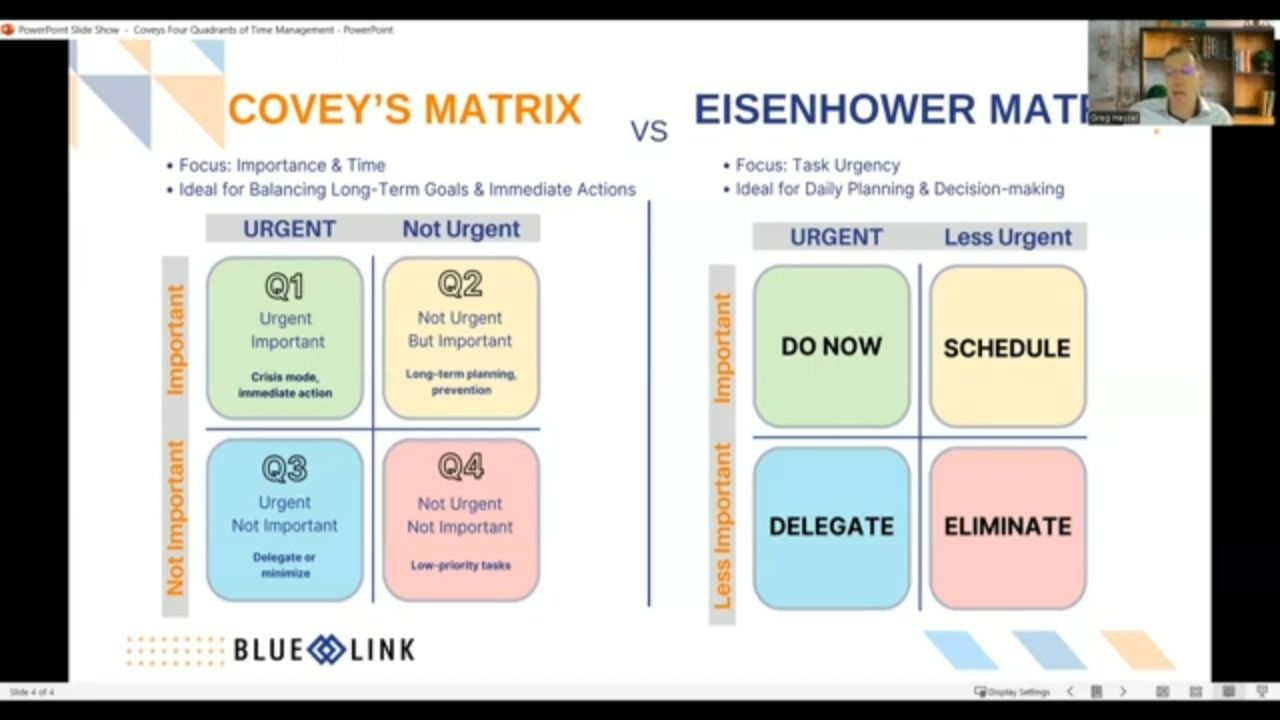Conflict Management Tips: Learn Your Identity Triggers
Resolving Conflicts by Focusing on Meaning Creation

Someone once said that people are “meaning making machines.” We are constantly interpreting reality and confusing that interpretation with “truth.” This is especially true in conflicts. One of the sub-texts in a conflict is that people are almost always wondering, “What are they saying, or what do they think about me? Am I competent? Am I loved? Am I worthy of love?
In the book, Difficult Conversations, authors Shelia Heene, Doug Patton, and Bruce Stone argue that one of the ways to manage our identity conversation is to complexify our identity. In other words, if we have a black-and-white identity, we are more likely to get defensive and have our identity conversation triggered than if we have a more nuanced identity. For example, if I think I am the best consultant on this side of the Mississippi, and a client gives me some feedback about one of my projects that is less than 100% positive, I will probably get defensive because the feedback does not match with my self-identity. However, if I think of myself as a good and competent consultant who is not always perfect, I am likelier to listen to difficult feedback. My identity conversation is less likely to get triggered.
Managing our assumptions, especially assumptions about our identity, is a key to good emotional intelligence and conflict management.
Every few months I produce a free newsletter. No Spam. Unsubscribe anytime.
For a taste, view the archives
SUBSCRIBE
Blogs and vlogs are sorted by topic at the bottom of each service page
STRATEGIC PLANNING
CHANGE MANAGEMENT
CONFLICT MANAGEMENT
TEAM BUILDING
ASSESSMENTS
EXECUTIVE COACHING
IMPROVING EFFICIENCY
BOARD DEVELOPMENT




